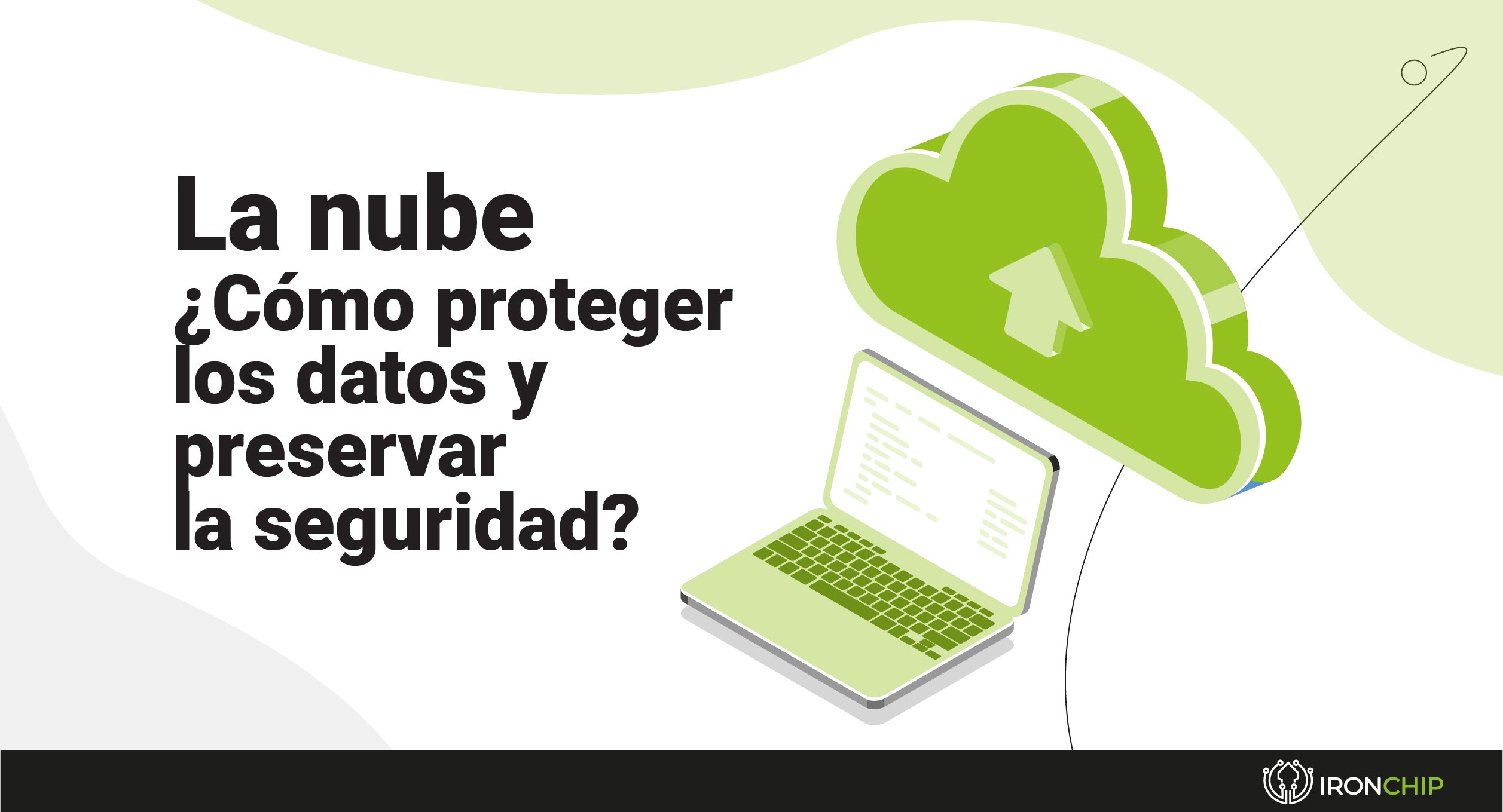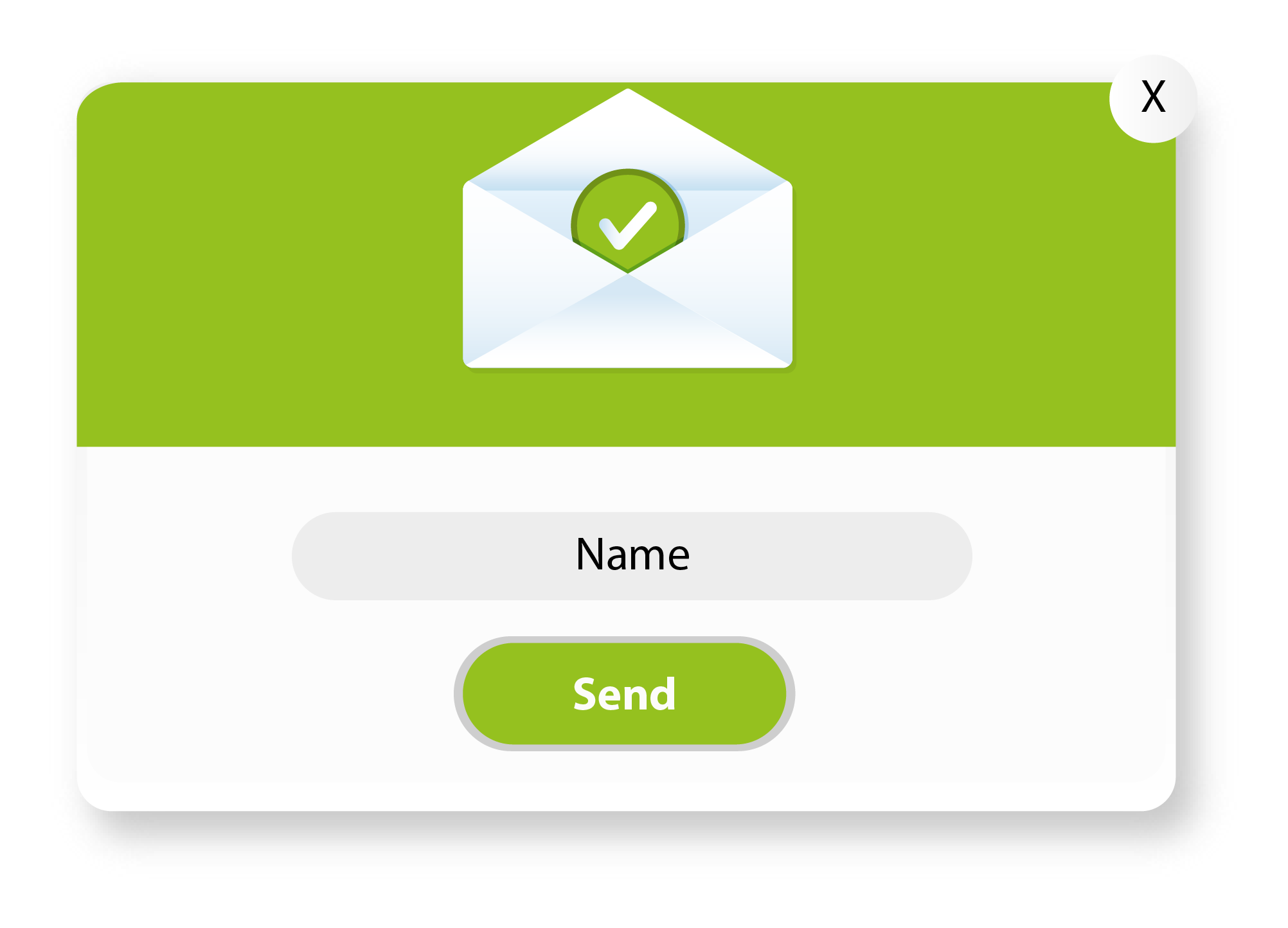
Security in the cloud allows companies to have the necessary information posted, and that it can be consulted from anywhere, at any time and on any device. In addition, authorized workers have seamless access, without overloading their work devices and without needing specific tools for each document. Of course, these platforms comply with the LOPD and RGPD regulations, which is a plus to avoid possible sanctions.
Currently, more than 50% of companies have had security systems in digital clouds in the last year. In fact, many of those that do not have any type of network security have had to bear significant economic losses. This issue that is increasingly on the table of many companies, since more and more companies are concerned.
The Hiscox insurer has carried out an extensive study with more than 5,000 participating organizations from different countries. Among other conclusions, this study shows that 51% of Spanish companies reported having suffered a cyberattack in the last year; When it comes to the entry points of these cyberattacks, 38% were due to a vulnerability originating in the cloud.
With the proliferation of cloud-based technologies, the demand for cloud security is increasing. Providing threat detection and removal for advancing technologies is more important than ever. Cloud security refers to the practice of protecting the integrity of cloud-based applications, data, and virtual infrastructure. The term applies to all types of cloud-based on-demand services and solutions (IaaS, PaaS, SaaS).
Cloud resources and workloads are exposed to a wide variety of cybersecurity threats, including data breaches, ransomware, DDoS attacks, and phishing attacks. Cyber attackers can exploit security vulnerabilities in the cloud, using stolen credentials or compromised applications to carry out attacks, disrupt services, or steal sensitive data. Having strong cloud security systems and practices in place is critical to keeping business-critical applications available, protecting sensitive information, and ensuring regulatory compliance.
Cloud services can pose a threat, especially if we don't take proper actions.
When something becomes popular, when a service or tool has many users, cybercriminals put all their efforts there. As we say, the cloud has become very popular in companies. Cybercriminals can attack these types of services to steal information from a company, access the victim's computers and, ultimately, put the company's security at risk.
It can be difficult to manage data security in the cloud as you have no perimeter – it's not a simple case of adding an antivirus solution to your internal server. To protect it, it is rather a matter of delegating efficient authorization processes and data encryption.
Within the importance of security in the cloud is the reduction of costs for the company, which implies little human intervention generating carelessness over its control. That is why, together with the migration to this service and the digitization of the data, cybersecurity measures such as the following should be implemented, so that this advantage does not become a nightmare for our company in long term:
-
Protect access to the cloud with efficient and innovative MFAs, and avoid those such as SMS, OTPs... Let's bear in mind that we are talking about what will be the future focus of cybercriminals, therefore, protect these accesses with measures that are currently are already being vulnerable, it would not be effective.
-
Implementing systems capable of carrying out access monitoring will allow us to have control of what is happening in the cloud, in such a way that we will be able to anticipate and reduce our response time to incidents.
-
Have an IDS, intrusion detection system. These systems will not only help us not to allow unauthorized access, but we will be able to generate different rules that help us manage unauthorized access, allowing us to have greater security from the zero moment of improper access.
The digital identity management platform allows this and much more, being able to integrate into current cloud systems such as Azure, Google Service, AWS... and much more, allowing full control over this digital security system, a digitization of our safe company will lead us to have a safe and efficient day to day.
In conclusion, security is the best guarantee for workers and to preserve company data. Therefore, in the face of the great demand for migration to digital clouds, new vulnerabilities will be added, without a doubt, but as far as possible, companies should plan within this data and service migration strategy, in part aimed at once again, to cybersecurity and compliance with data privacy regulations. This will undoubtedly be one of the main challenges for the near future.
Tags:
Ironchip solutionsMay 31, 2022
